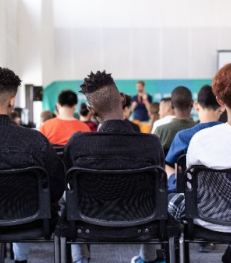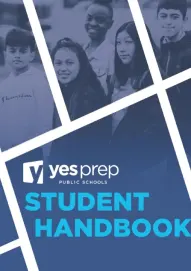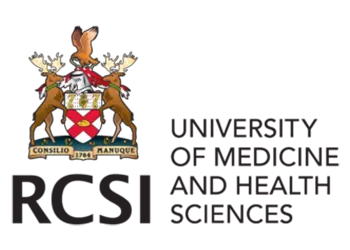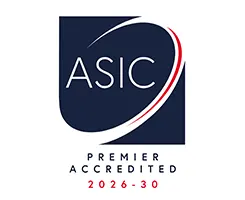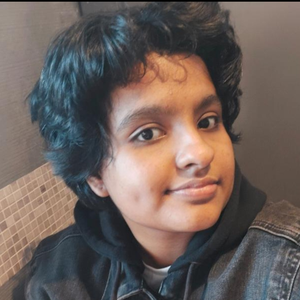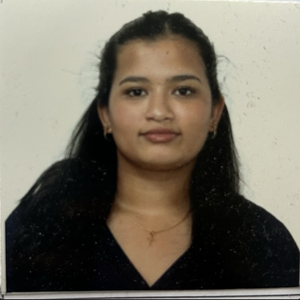Introduction:
The basic purpose of the disciplinary procedure is to keep our students in line with academic and behavioural standards so that students can experience the excellence of academic and professional studies.
Disciplinary Procedure Step-By-Step:
Stage: 1 Initial Proceedings
Step: 1 – Teacher writes a letter to the Academic Director explaining the gross breach of duty or misconduct.
Step: 2 – Academic Director requests an explanation from the accused student about the breach or misconduct.
Step: 3 – Academic Director makes a meticulous assessment of her/his previous academic performances and conducts.
Stage: 2 Hold an investigation
Step: 1 – Academic Director talk to the staff member(s) who reported the incident
Step: 2 – Academic Director talks to witnesses, if there are any.
Step: 3 – Academic Director collects and collates the evidence regarding the misconduct from both parties
Stage: 3 Assessments
Step: 1 – Academic Director assesses the alleged breaches or misconducts.
Step: 2 – Academic Director assesses the answer made by the accused student.
Step: 3 – Academic Director assesses the investigation findings.
Step: 4 – Academic Director makes a comparative study of alleged breach or misconduct, alleged student’s explanation and investigation findings.
Step: 5 – Academic Director assesses the prima facie of the allegation.
Stage: 4 Post Assessment Activities
Step: 1 – Academic Director confirms in writing to the student the date of the hearing, time, place, and the person who will conduct hearing, and inform him/her that they can, if they wish, bring a representative/colleague/friend/member of family to the hearing.
Step: 2 – Academic Director informs the student of the papers or documents that she or he is required to bring.
Stage: 5 Final Hearing
Step: 1 – The Disciplinary Committee (DC) listens to the accused student and take full notes of what she or he says.
Step: 2 – The DC assesses meticulously the reasons and explanations about the alleged breach or misconduct.
Step: 3 – The DC reports the final decision of the hearing i.e. whether the student is in breach of duty or liable for gross misconduct.
Step: 4 – The DC confirms the decision of the final hearing in writing to the student. In the case of a student being under 18 years of age, parents/guardians are also informed of the decision
Disciplinary Committee (DC):
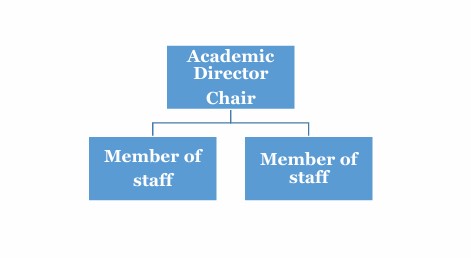
Explanatory Note:
- The Disciplinary Committee will be in charge of all the disciplinary issues of IFG
- The Chairperson of the disciplinary committee will be able to delegate his/her power to any one of the two members or other to decide on behalf of the Committee Chair.
- In case of any disciplinary issue the DC may form a sub-committee to make investigation on the matter and to make decisions about the student in question.
- An appeal can be made against the decisions of the sub-committee and the appeal must be made to full disciplinary committee.
- The full disciplinary committee will then make final decisions by following full disciplinary hearing procedure, and will make final decisions.
Student Appeal against Disciplinary Decisions
Appeal Procedure against Disciplinary Committee Decisions:
Rule: 1 – An aggrieved student has the right to make an appeal against the decisions of the disciplinary committee.
Rule: 2 – The aggrieved student must make an appeal in writing and it must be addressed to the Executive Director.
Rule: 3 – The aggrieved student must give details of the grounds, provide evidence, if any, relating to the grounds for appeal with the application.
Rule: 4 – The Executive Director must provide the particular date, time, venue to hold the appeal hearing of the appeal, and must send a letter to the effect as soon as possible.
Rule: 5 – The Executive Director will listen to the appeal of the aggrieved student and take full note of what is said.
Rule: 6 – The Executive Director will make meticulous assessment of the following issues for better decisions:
-
- Grounds raised by the aggrieved student;
- Evidence presented by the aggrieved student,
- Witness statements of the aggrieved student;
- Any other documents or evidence relating to his or her claim;
Rule: 7 – The Executive Director will listen to the legal representative or other type of representative and take notes of all the statements.
Rule: 8 – The Executive Director will then make his/her decision after which there will be no further appeal
Sanctions
The Disciplinary Committee have a range of sanctions which they can employ:
a. Formal warning to the student
b. In the case of academic misconduct, a zero mark in an assessment
c. In the case of academic misconduct, a zero mark in an assessment and no opportunity to retake assessment
d. A temporary suspension from the College
e. Permanent exclusion from the College

